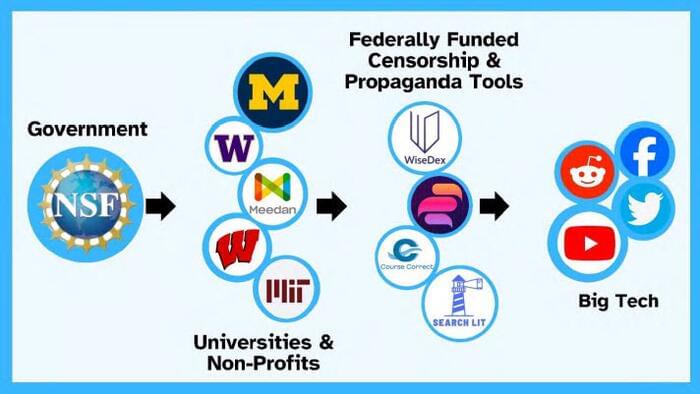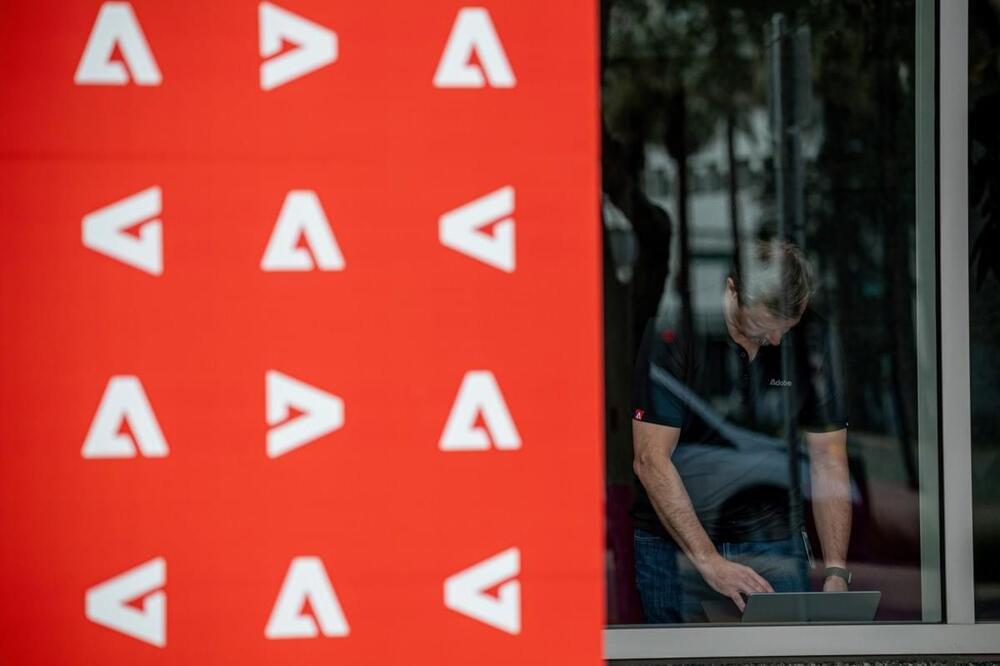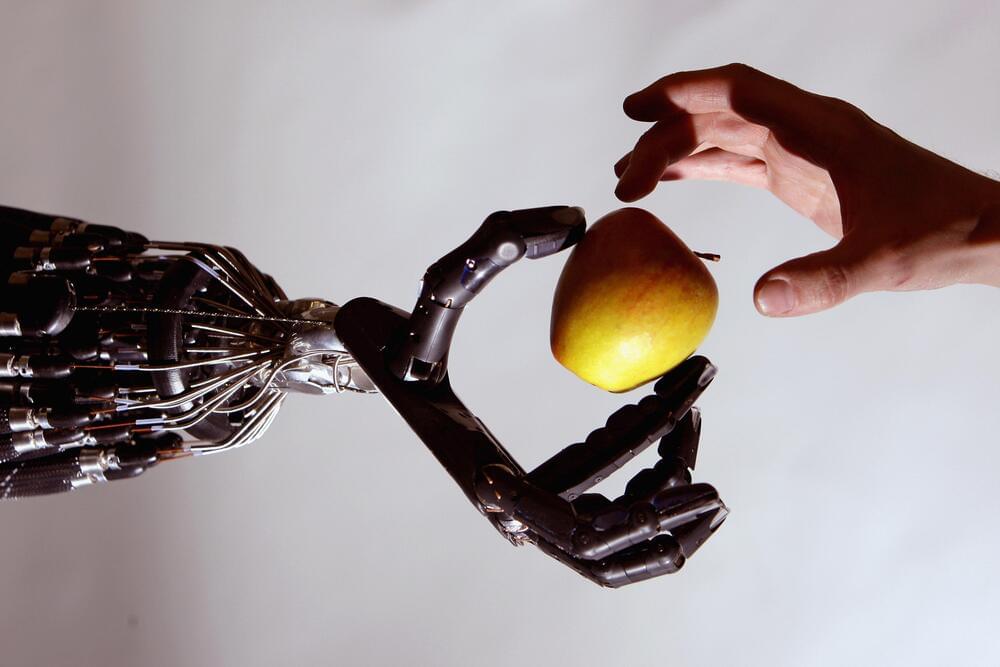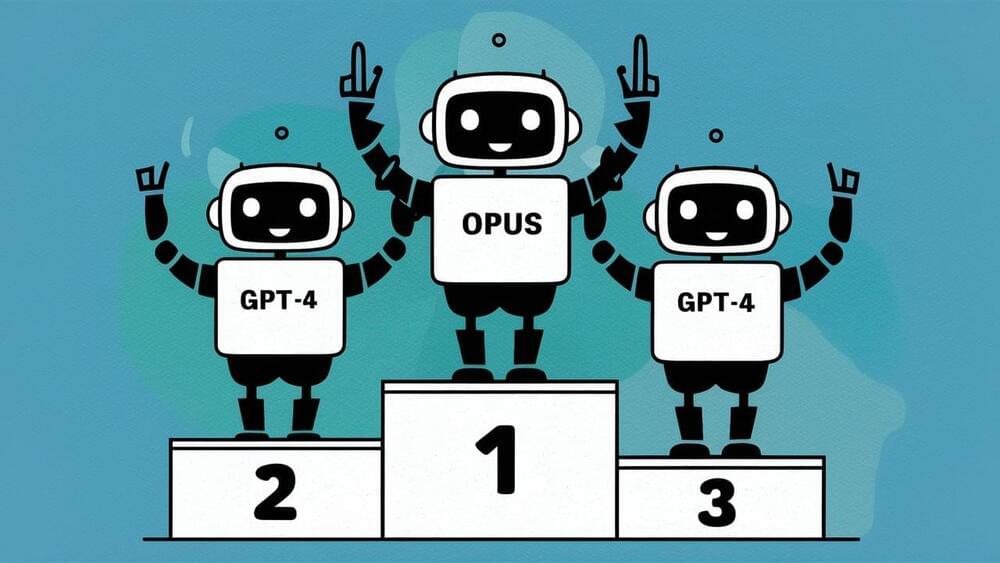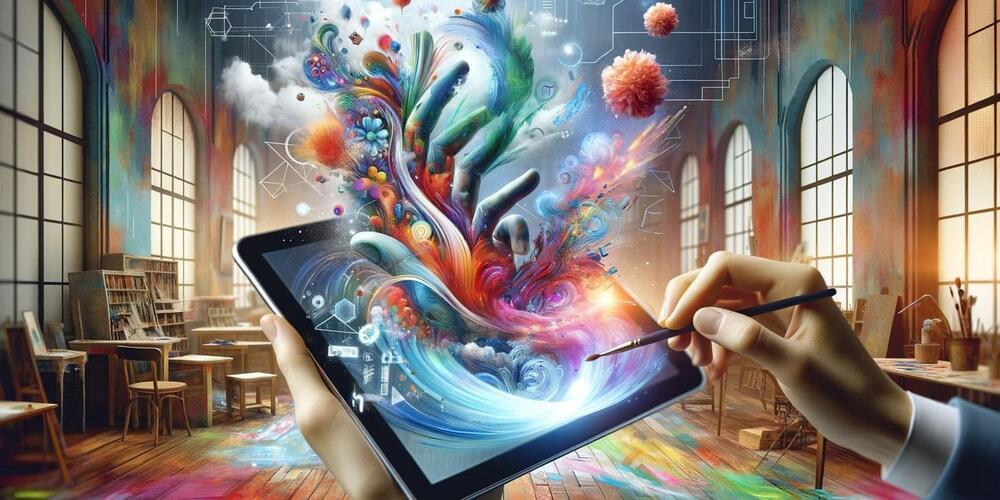But the thing you have to understand about a search engine is that a search engine is many things. For all the people using Google to find important and hard-to-access scientific information, orders of magnitude more are using it to find their email inbox, get to Walmart’s website, or remember who was president before Hoover. And then there’s my favorite fact of all: that a vast number of people every year go to Google and type “google” into the search box. We mostly talk about Google as a research tool, but in reality, it’s asked to do anything and everything you can think of, billions of times a day.
The real question in front of all these would-be Google killers, then, is not how well they can find information. It’s how well they can do everything Google does. So I decided to put some of the best new AI products to the real test: I grabbed the latest list of most-Googled queries and questions according to the SEO research firm Ahrefs and plugged them into various AI tools. In some instances, I found that these language model-based bots are genuinely more useful than a page of Google results. But in most cases, I discovered exactly how hard it will be for anything — AI or otherwise — to replace Google at the center of the web.
People who work in search always say there are basically three types of queries. First and most popular is navigation, which is just people typing the name of a website to get to that website. Virtually all of the top queries on Google, from “youtube” to “wordle” to “yahoo mail,” are navigation queries. In actual reality, this is a search engine’s primary job: to get you to a website.
